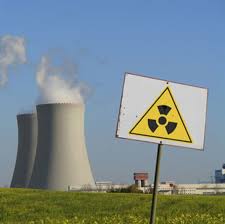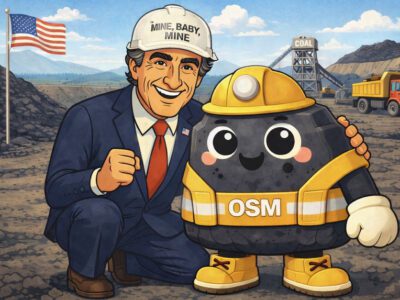Learning from the Laureates
The 2025 Economics Prize, Technological Innovation, and the Energy Transition
This year’s Nobel Prize in Economics was split among three economists for their work on technological innovation and economic growth. Their work doesn’t focus on energy or the environment, but it has important implications regarding the energy transition. In particular, it raises serious concerns about the long-term impact of Trump’s energy policies and his vendetta against renewable energy on U.S. economic growth.
Half of the prize was split between Philippe Aghion of Collège de France, INSEAD and the London School of Economics; and Peter Howitt of Brown University, for their work on a concept called creative destruction. As Howitt explains, “In some societies, people who are part of status quo and very successful based on previous technologies gain political power and influence, and are able to arrange things so that it’s very difficult for new technologies to displace them.” That’s good for them, but not so good for society as a whole. It “helps to protect their interests, but also inhibits economic growth [and] stops new technologies from being implemented.” This “conflict between new and old” has become “a central concept of economic growth,” which he and Aghion were able to model mathematically. A new technology can’t really thrive without be willing to let go of the old ones and the industries they supp
Trump’s vendetta against renewable energy is essentially an effort to block creative destruction. He is dead set on protecting a legacy technology, fossil fuels, against challenge by the newer clean technologies. As Evan George wrote in a recent post, renewable energy is surging around the world. Fossil fuel use is relatively stagnant, with at best modest growth. Trump wants to protect those industries in the United States, and he’s doing it by sabotaging clean energy wherever possible, canceling projects, creating new legal obstacles, and eliminating research funding.
That brings us to the winner of the other half of the Prize, Northwestern economic historian Joel Mokyr. Mokyr argues that modern science was the key ingredient in translating the early Industrial Revolution into sustained economic growth. Artisans and tinkerers could come up with new inventions through trial and error. But it was only science that could explain why things worked and change an invention from a lucky accident to an ever expanding practice. Mokyr’s focus is not on specific scientific ideas but rather on the concept of evidence-driven theory in a community driven to create new ideas and stringently test them.
In energy technology as elsewhere, Trump is hobbling American science with budget cuts and demands for political submission. The epitome of his approach is the decision to give political appointees rather than experts the ultimate decision on each project, replacing scientific merit with politics as the deciding factor. His war on science is also a war on future economic growth. And Trump’s effort to halt creative destruction is the pathway to a stagnant economy. By trying to prop up a legacy industry threatened by new technologies, he’s undercutting a central driver of economic growth.







Reader Comments